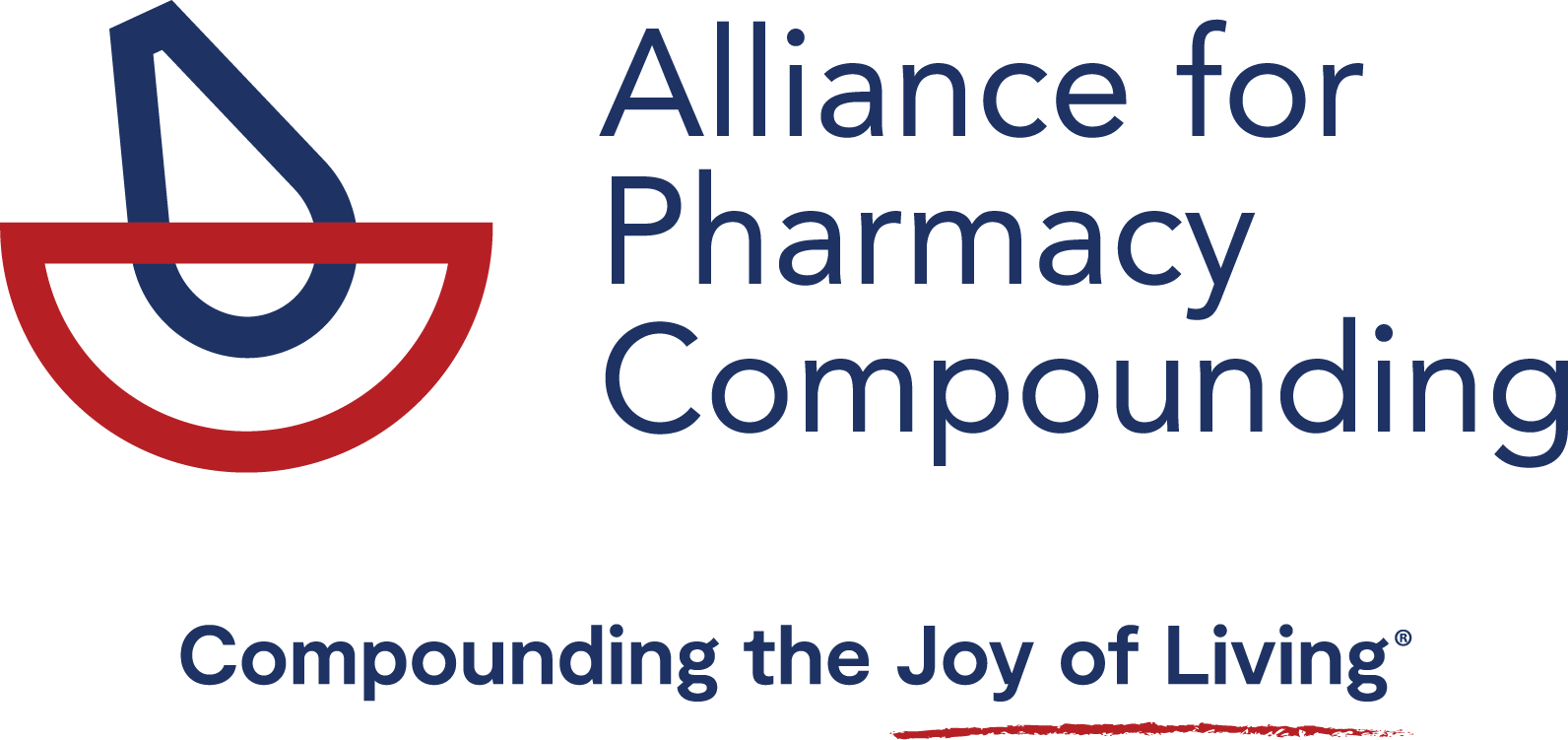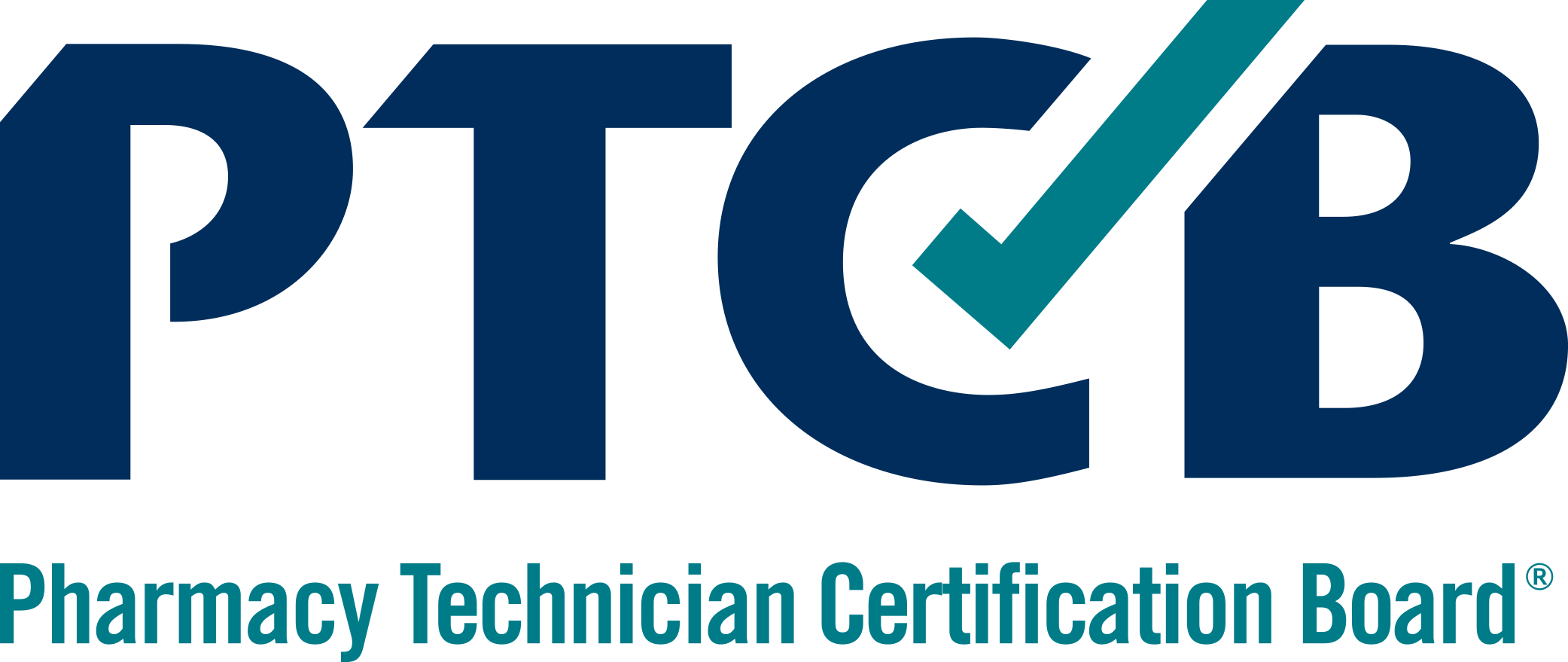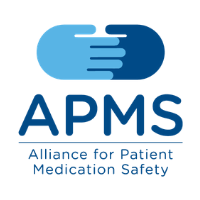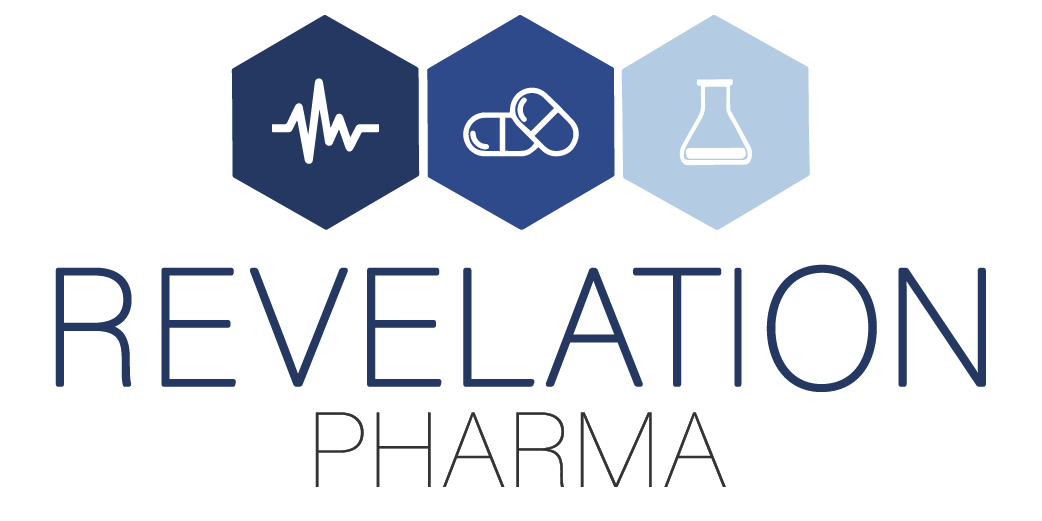March 15, 2024
Federal appeals court accepts our amicus brief
Outcome in the Zyla case has major implications for compounding
The U.S. Court of Appeals for the Fifth Circuit has accepted an amicus brief filed by APC in the case Zyla Life Sciences v. Wells Pharma.
In that case, the Southern District of Texas, relying on Ninth Circuit precedent and case law, found that state-law unfair competition claims by a drug manufacturer against a compounding pharmacy are preempted by “the FDA’s sole authority over enforcement of the FDCA’s drug approval requirements.” Zyla appealed that ruling to the Fifth Circuit.
The outcome of that appeal could impact the practice of pharmacy compounding in a couple of significant ways. APC’s Scott Brunner said that’s why APC’s Executive Committee allocated funding from the alliance’s Legal Action Fund for the amicus.
“The principle at stake here is who has oversight over the substances used in pharmacy compounding and the products produced: Is it the federal government and FDA, or is it each of the states?” said Brunner. “Both Novo Nordisk and Eli Lilly have filed lawsuits against pharmacies that compound GLP-1s within FDA’s ‘essentially a copy’ guidance. Those suits rely on state law – not the federal Food, Drug & Cosmetic Act – to assert that compounding is ‘unauthorized drug manufacturing’ and a violation of state deceptive practices laws. The Ninth Circuit has already ruled that federal law preempts state law in this regard. If the Fifth Circuit rules likewise in Zyla – and we believe it will – there’ll be firm precedent that states may regulate pharmacy practice, but only federal law and FDA regulate pharmaceutical substances and products.”
Not only will that provide lower courts direction in the Novo and Lilly lawsuits against compounders, Brunner said, but it will also be a shot across the bow for state pharmacy boards that are attempting to impose restrictions on the use of certain APIs in compounding.
The amicus brief filed by APC in Zyla does not take sides in the dispute. Instead, it enunciates for the court what law and policy say about pharmacy compounding, so that the court has clear understanding, and plaintiff’s lawyers will be less successful in muddying the issue for the court.
APC is represented in this matter by Boesen & Snow. APC’s Legal Action Fund is funded by gifts from pharmacy compounders and service providers like you. Make contributions to the fund here.











![Topi-CLICK a Division of TEAM Outlines[1]](https://a4pc.org/files/Topi-CLICK-a-Division-of-TEAM-Outlines1.png)






















